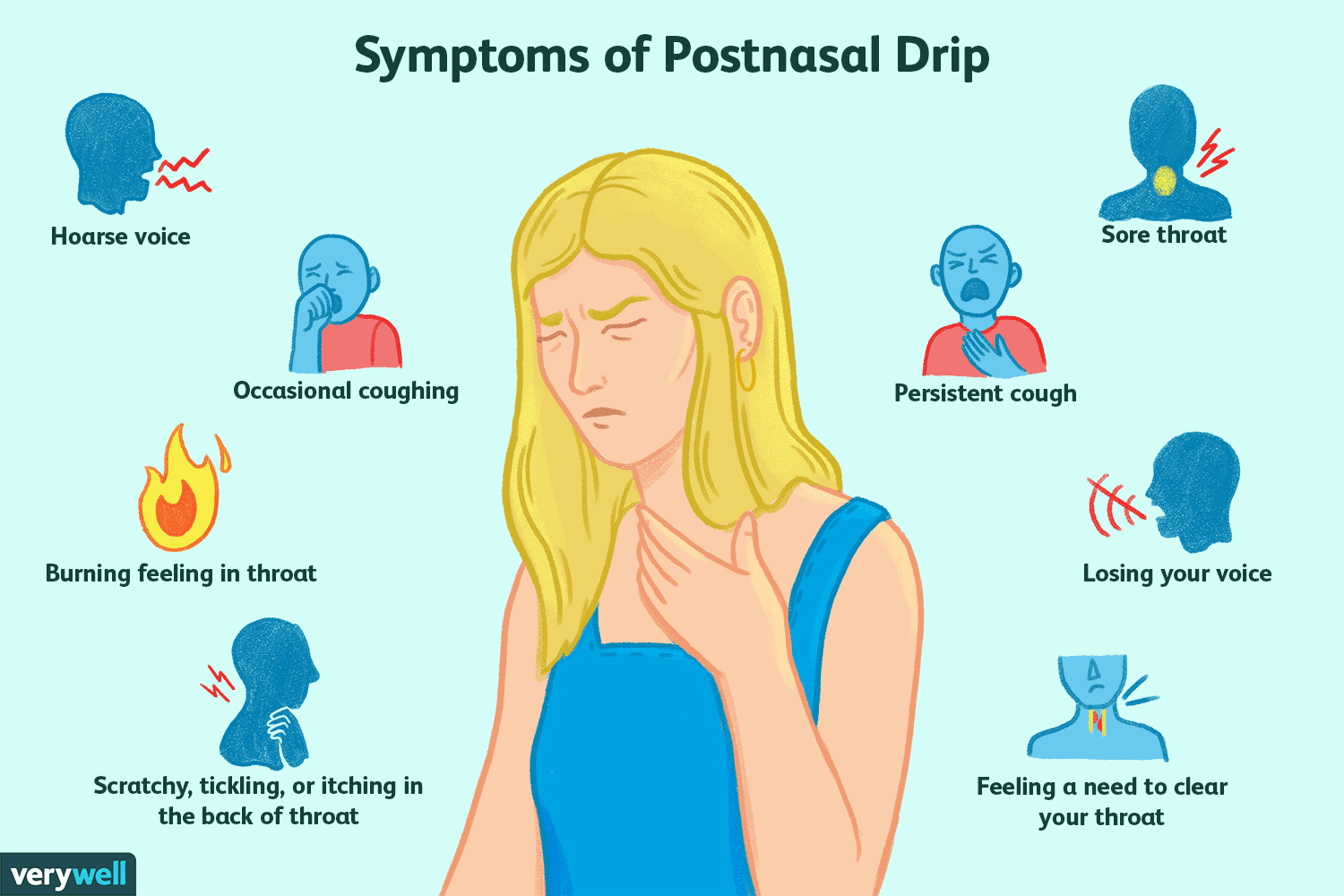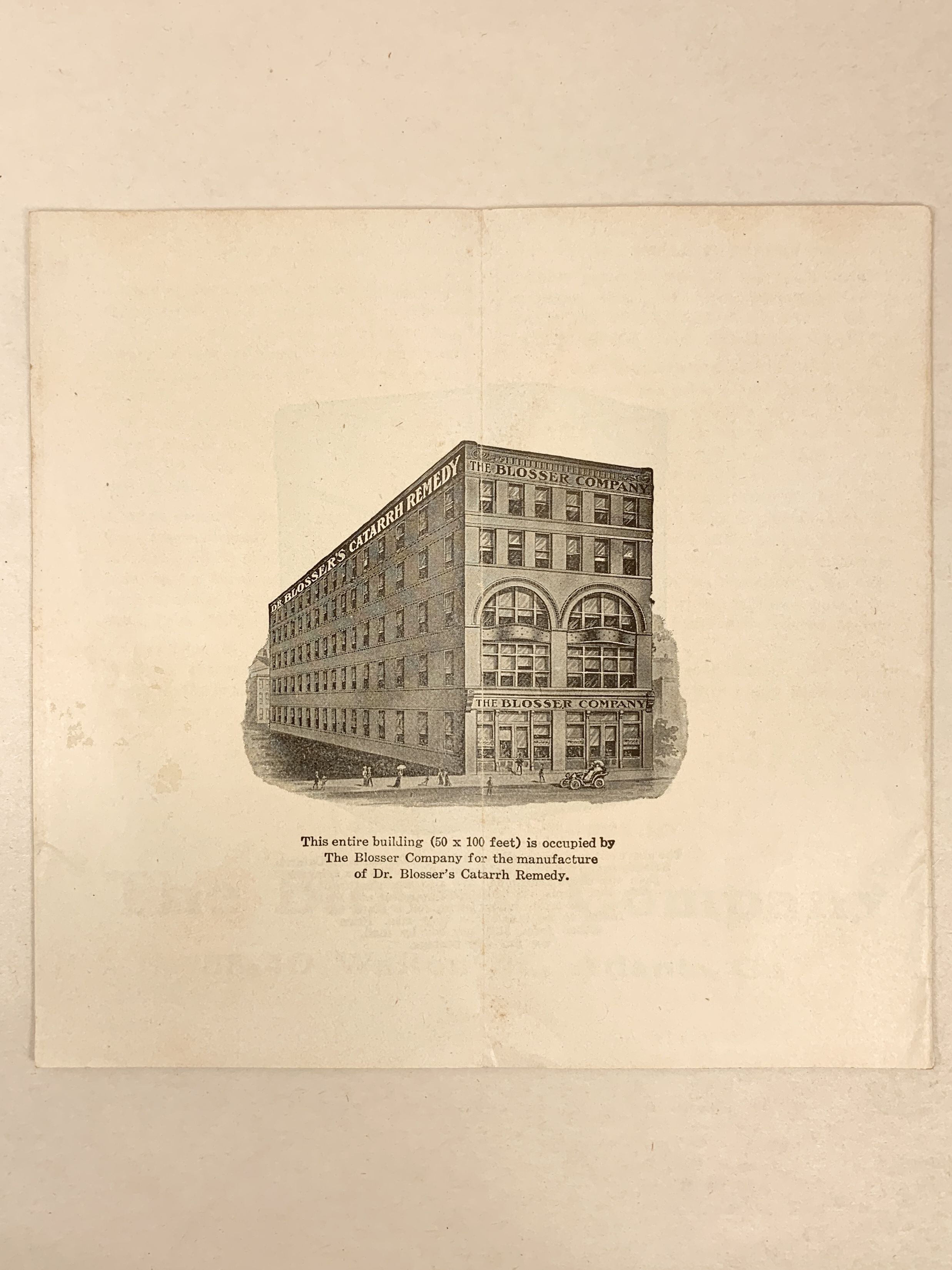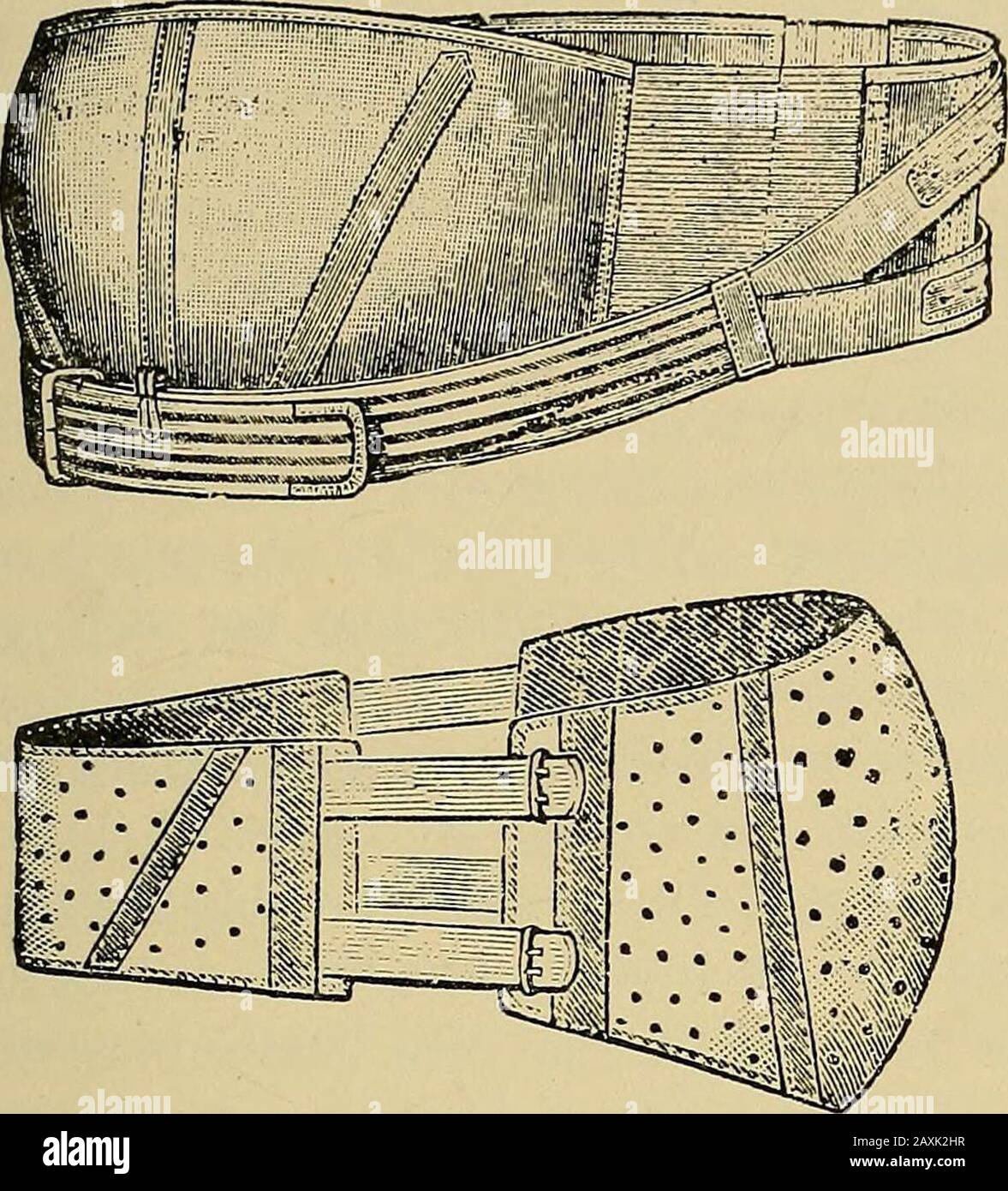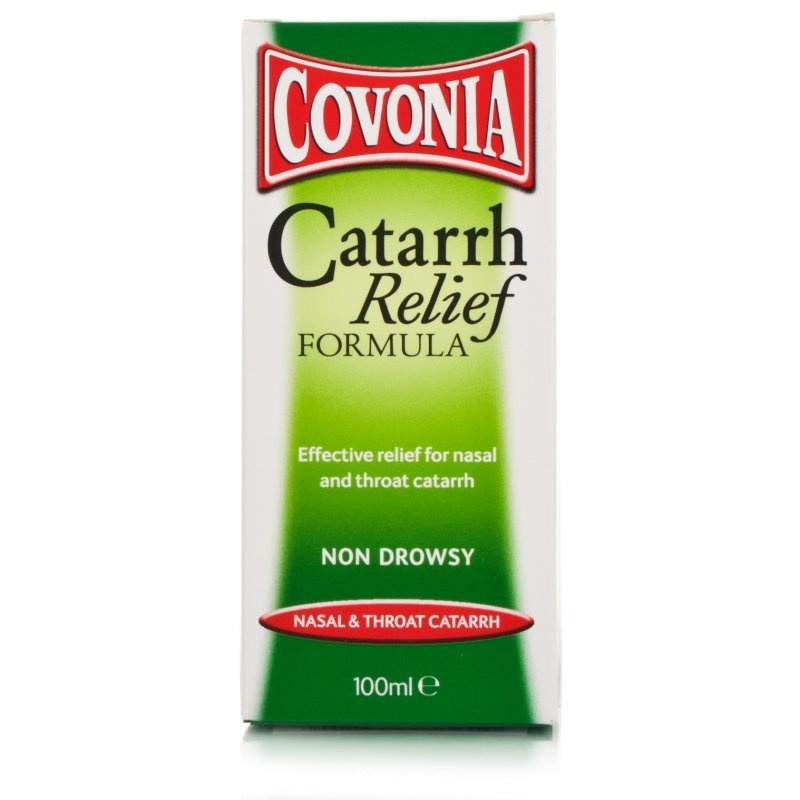Have A Info About How To Treat Catarrh

Catarrh occurs when there is a buildup of mucus in the nose, throat, or chest, caused by inflammation of the mucus membranes.
How to treat catarrh. Dry air irritates the nose and throat, causing more mucus to form as a. 2 rhinitis is commonly accompanied by rhinorrhea,. This article will go over some causes of mucus in.
Liquids help thin out mucus. Gargle salt water or use saline. It may even help soothe a sore throat.
For example, nasal polyps may be treated with a steroid nasal spray, or in. Gargling warm salt water may help clear phlegm in the back of your throat. There are ways to treat mucus in the lungs, including controlled coughing, medications, and chest physiotherapy.
This can relieve congestion, giving you a small respite from your. Warm liquids can help clear out mucus in the chest and nose. If you’re diagnosed with a specific underlying condition, treating it may help relieve your catarrh.
This buildup of mucus is how your immune system. A feeling of having a blocked nose not being able to blow their nose well discomfort in the throat a crackling or dragging feeling in the ears a feeling of choking or. Catarrh will often pass in a few days or weeks as the condition that causes it improves.
They can help ease the symptoms of. Causes of chronic catarrh are still uncertain, but it is. When catarrh is experienced for months or years, it is defined as chronic catarrh.
Catarrh will often pass in a few days or weeks as the condition that causes it improves. It can be treated by avoiding the triggers, keeping your nose clean with water rinses, staying hydrated, and taking the medicines your doctor gives you. There are things you can try to relieve your symptoms, such as:.
Chronic catarrh and blocked ears. Rhinitis is defined as the inflammation of your nasal tissues.


















